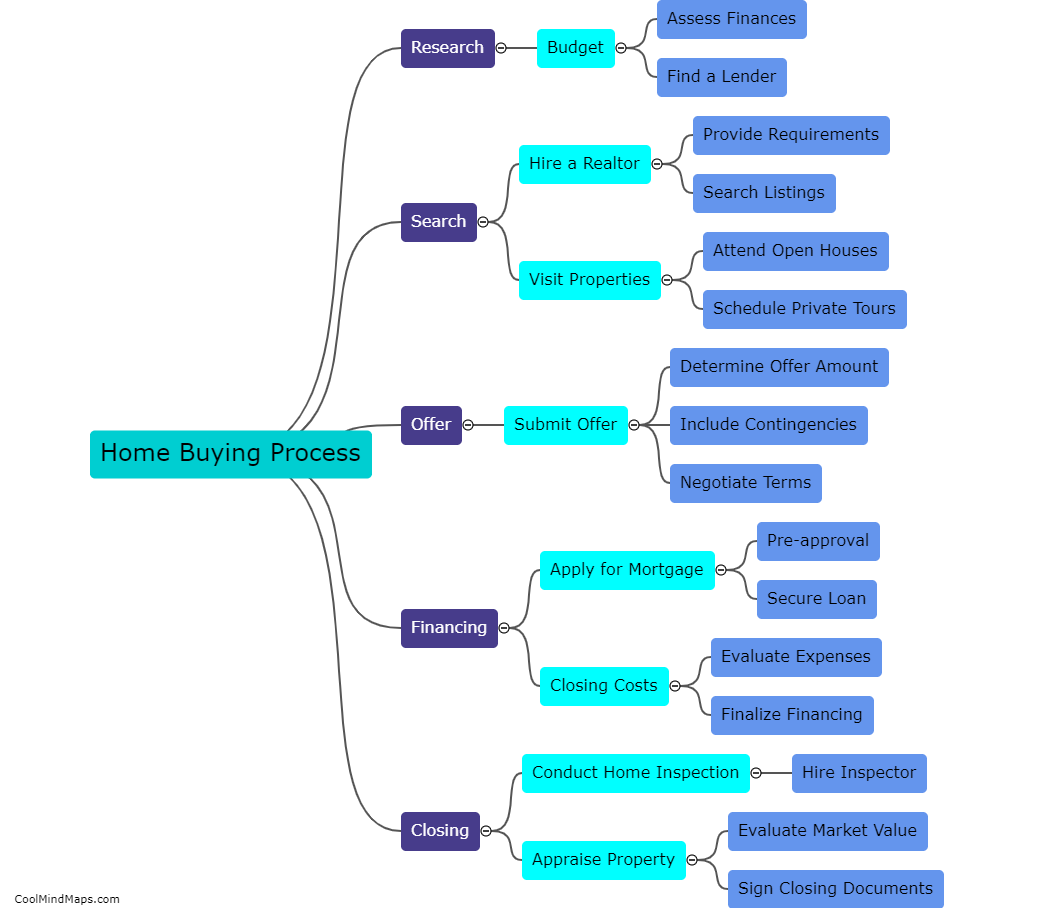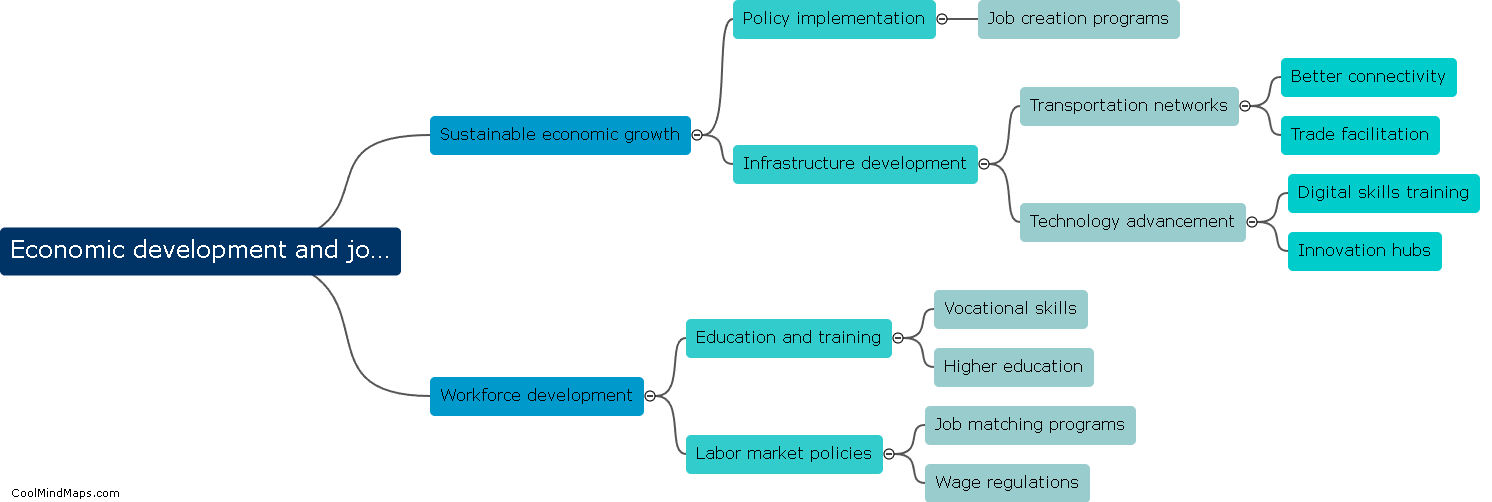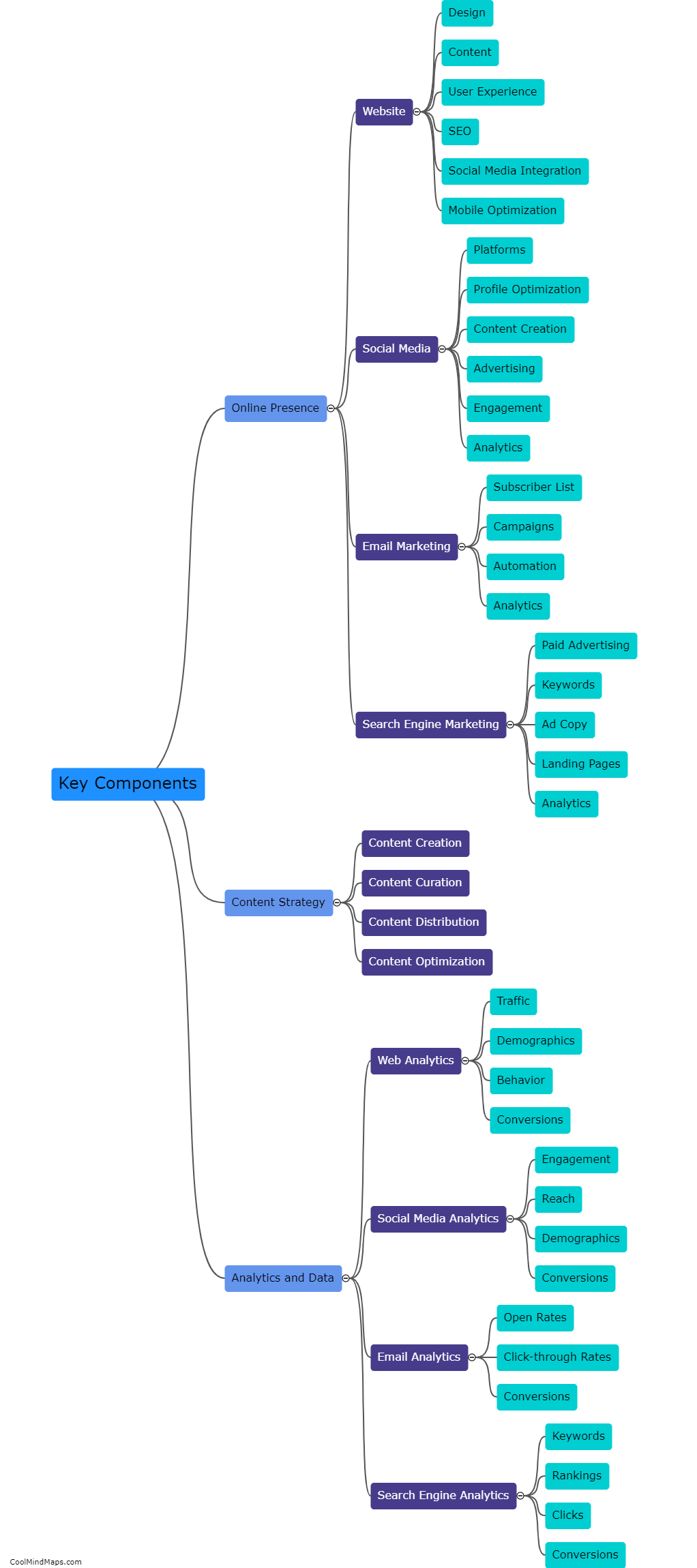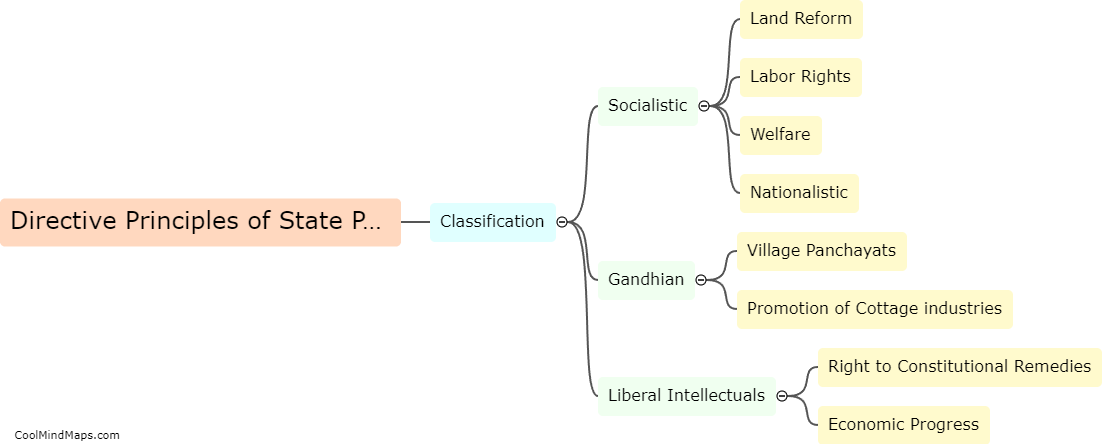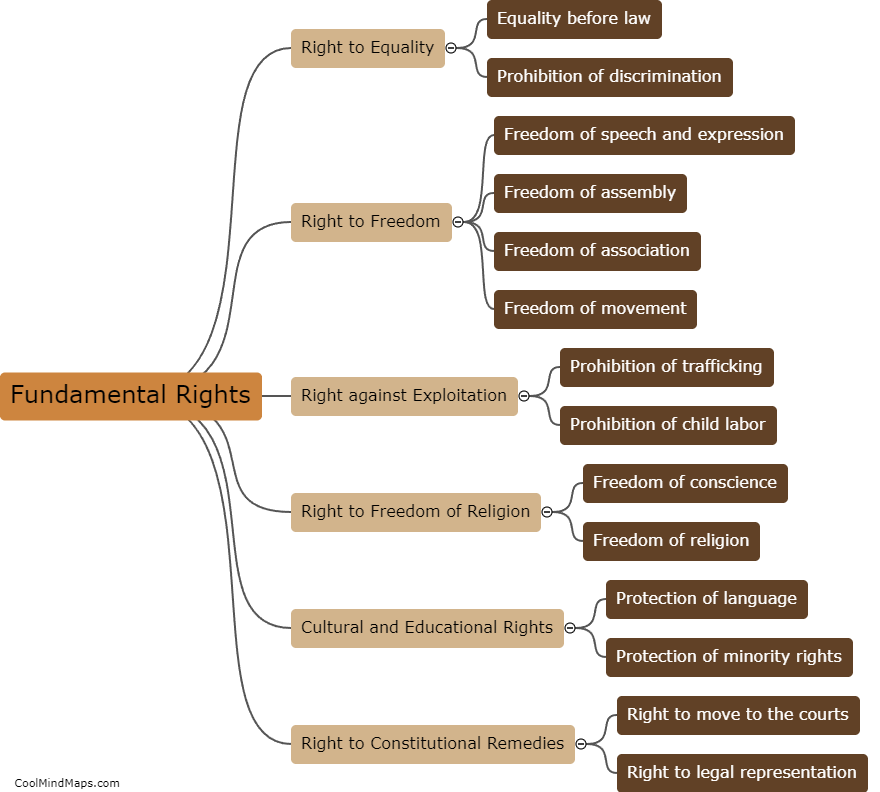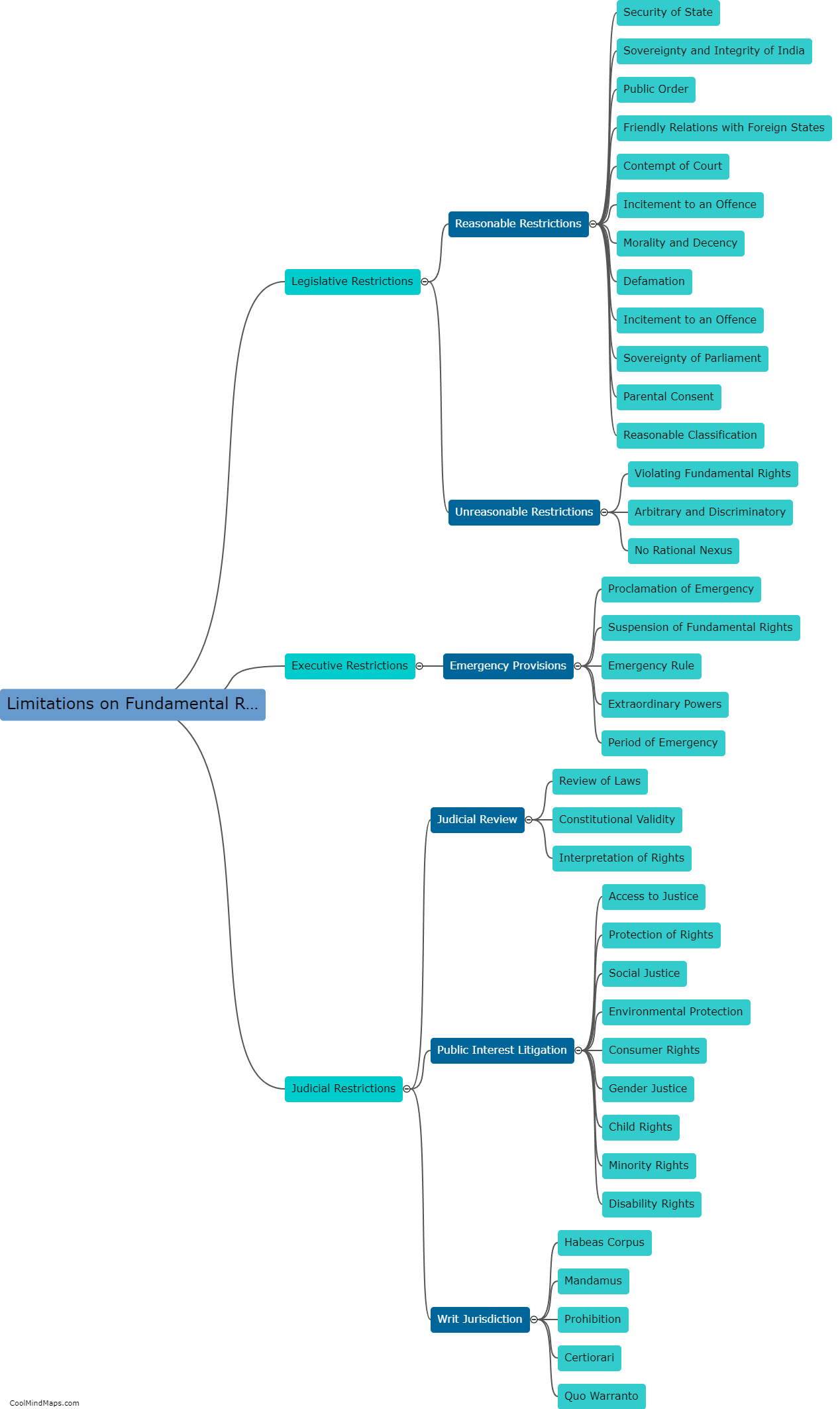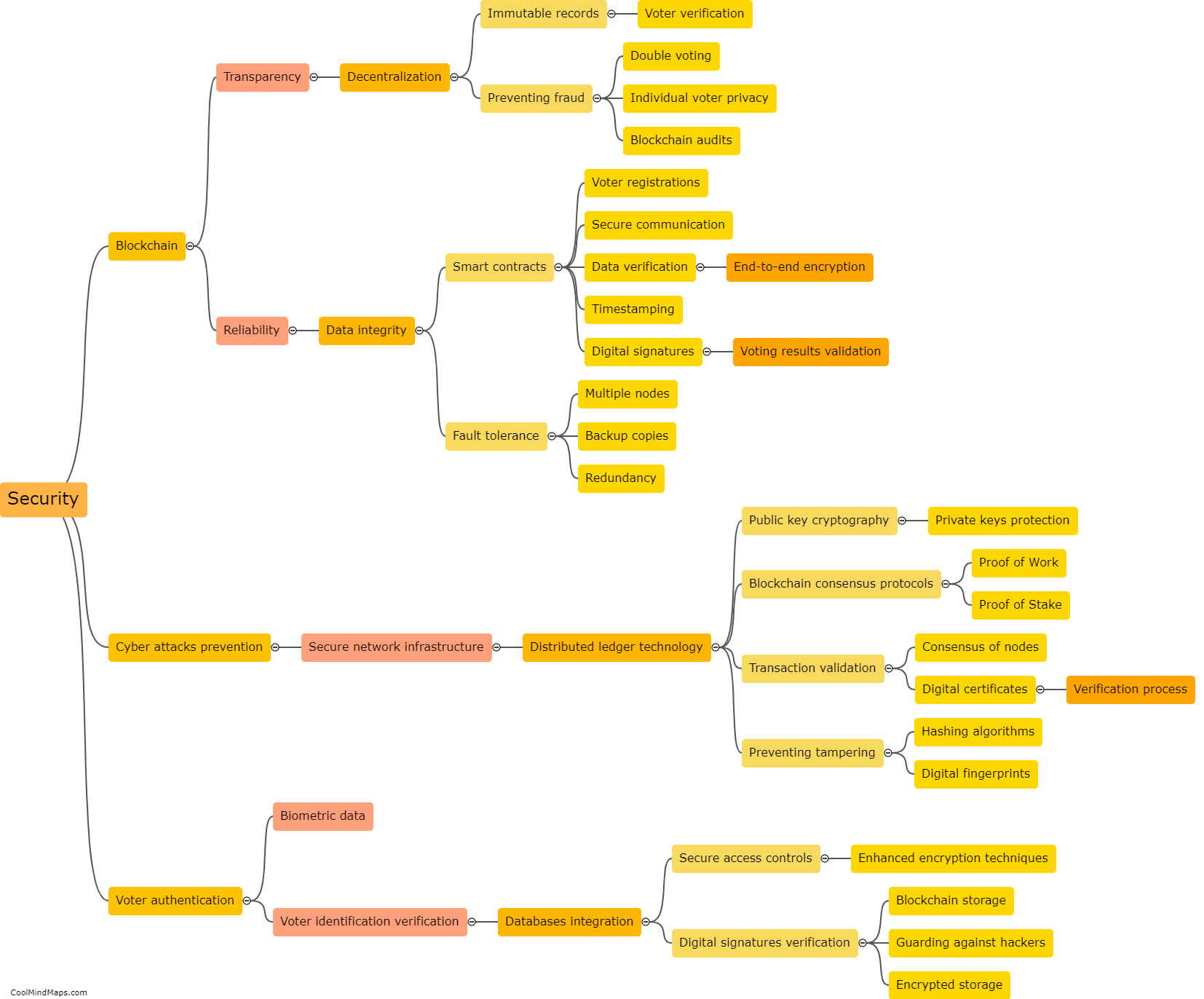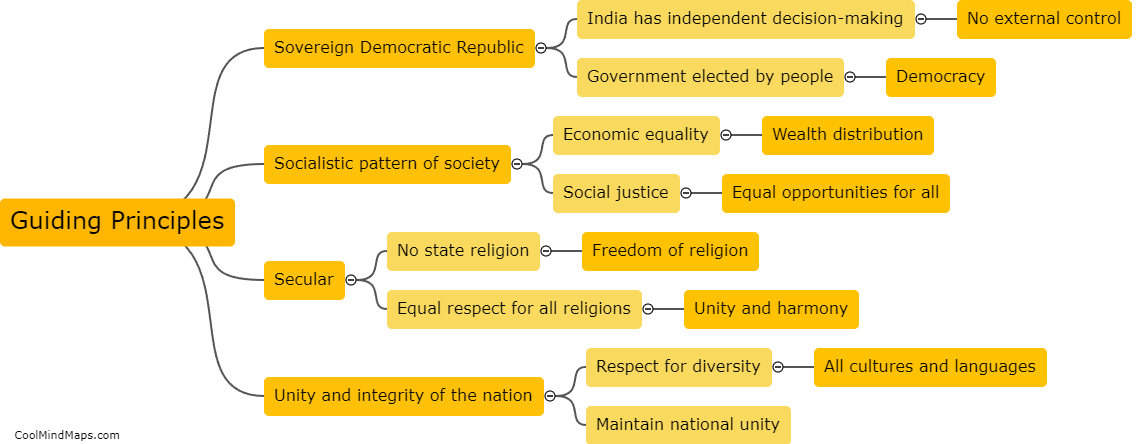What challenges does blockchain technology face in implementing fair elections?
Implementing fair elections through blockchain technology faces several challenges. One significant challenge is ensuring the authenticity and verifiability of voters' identities. Blockchain relies on a public ledger that is accessible to all participants, making it difficult to maintain voter privacy while still validating identities. Another challenge is the potential for cyberattacks or hacking attempts on the blockchain system, which could compromise the integrity of the election process. Additionally, ensuring inclusivity and accessibility for all voters, especially those with limited technological literacy or access to the internet, poses another hurdle. Addressing these challenges requires careful design, rigorous testing, and collaboration between blockchain experts and election officials to develop a robust and secure system that upholds the principles of fairness, transparency, and inclusivity in elections.

This mind map was published on 7 September 2023 and has been viewed 94 times.
